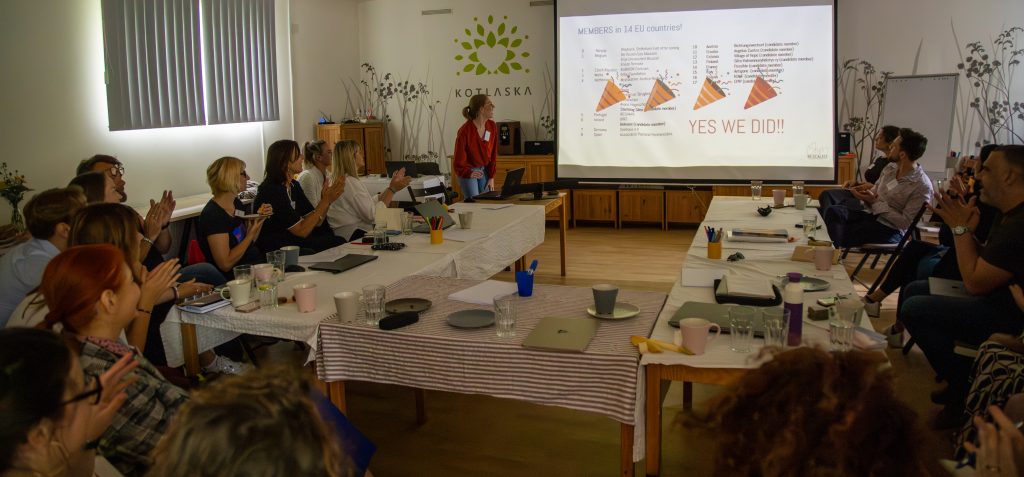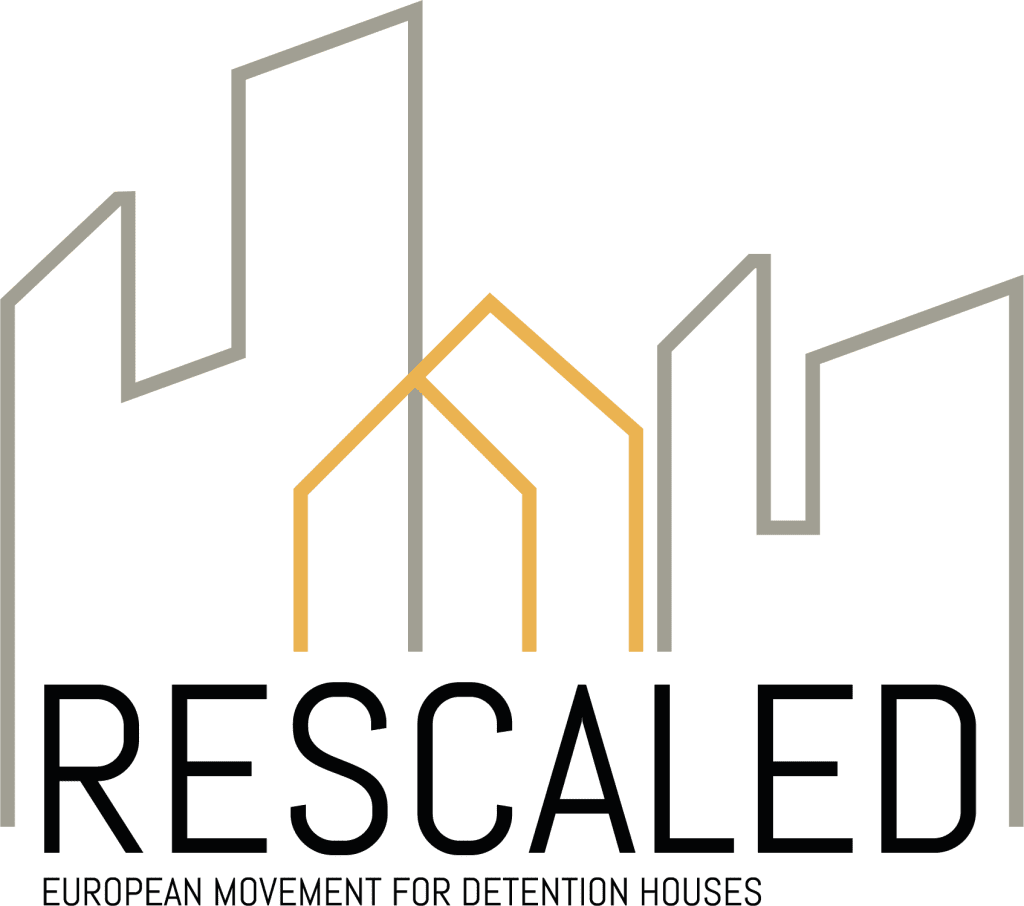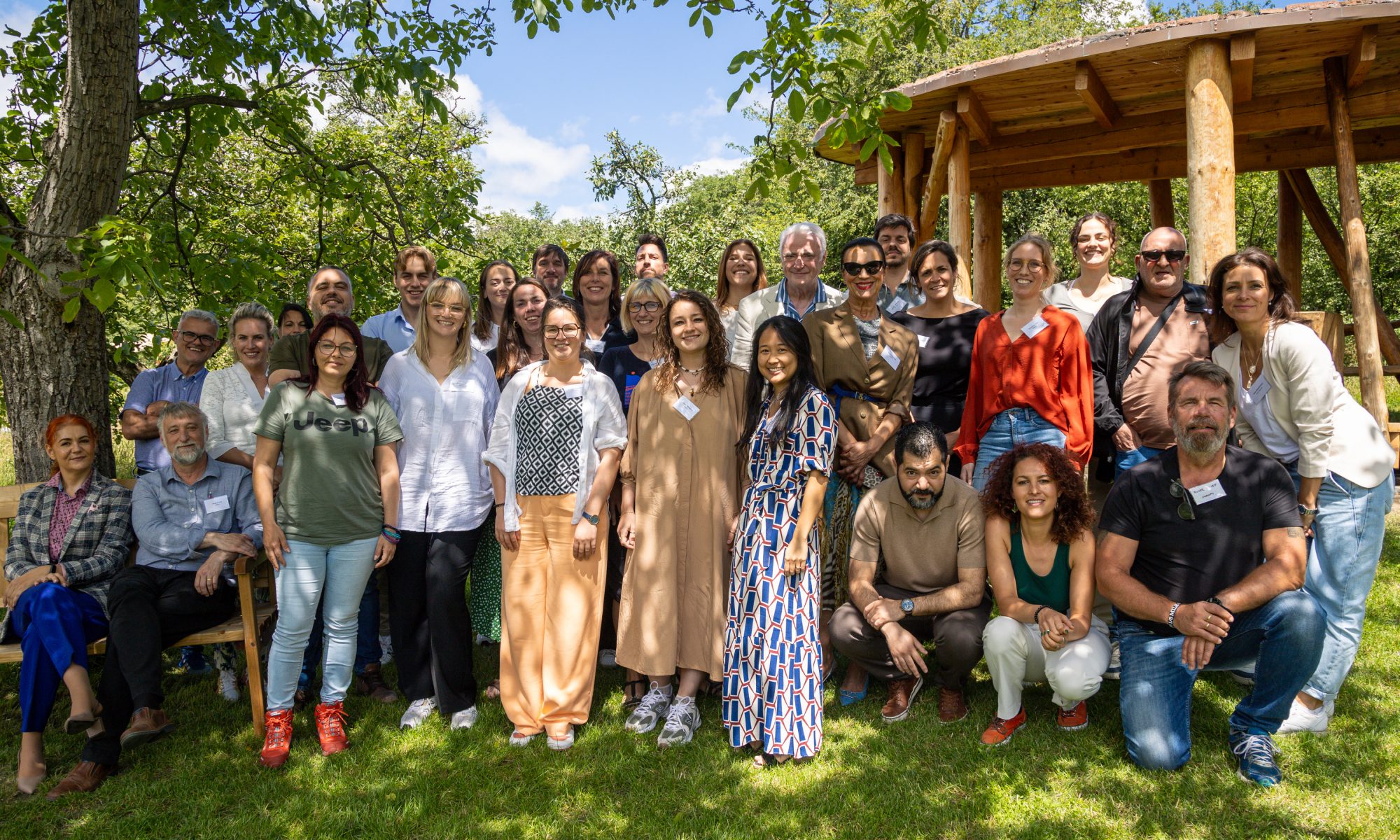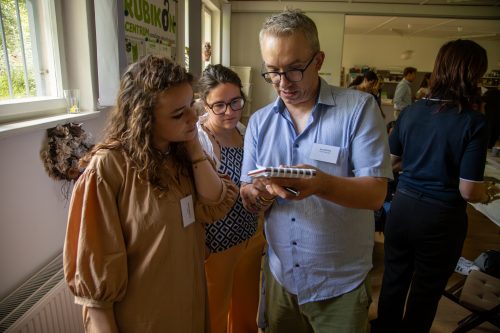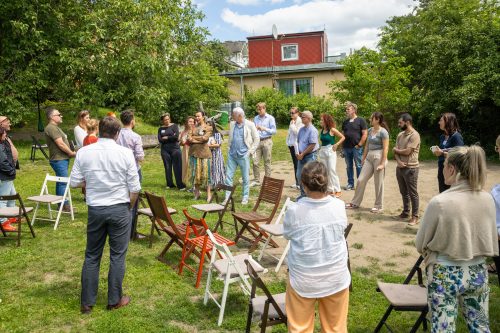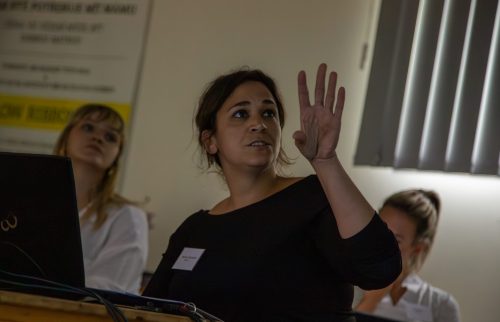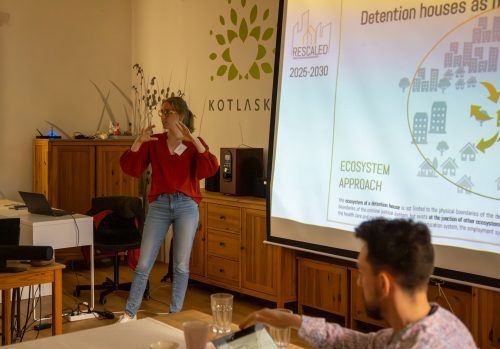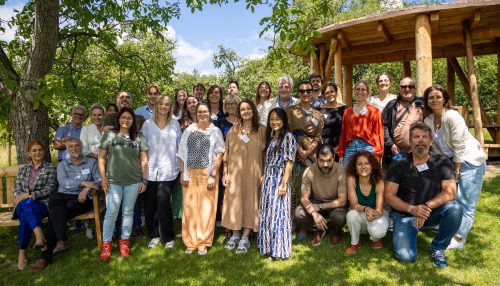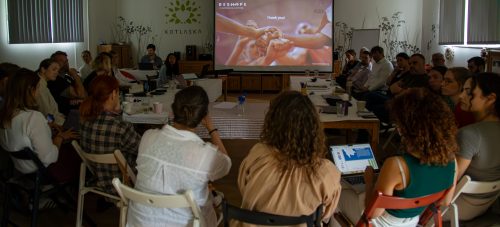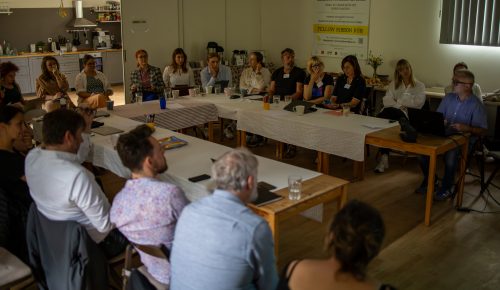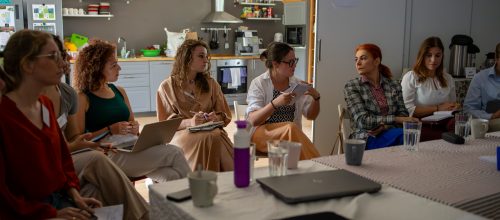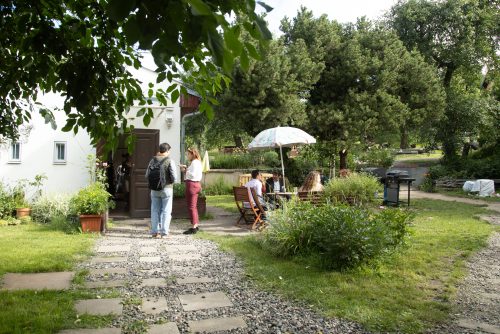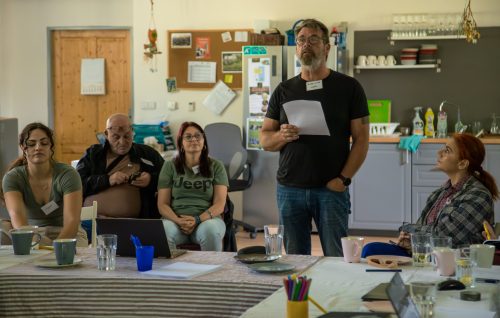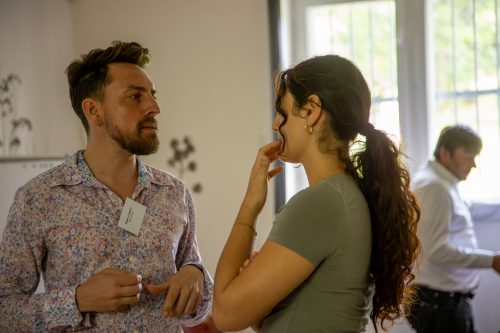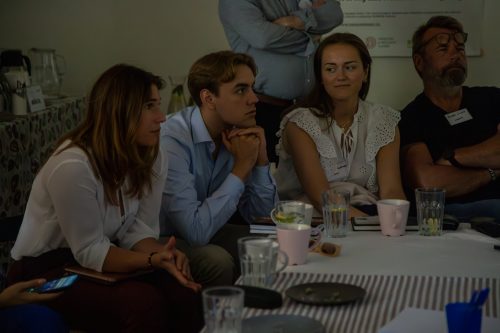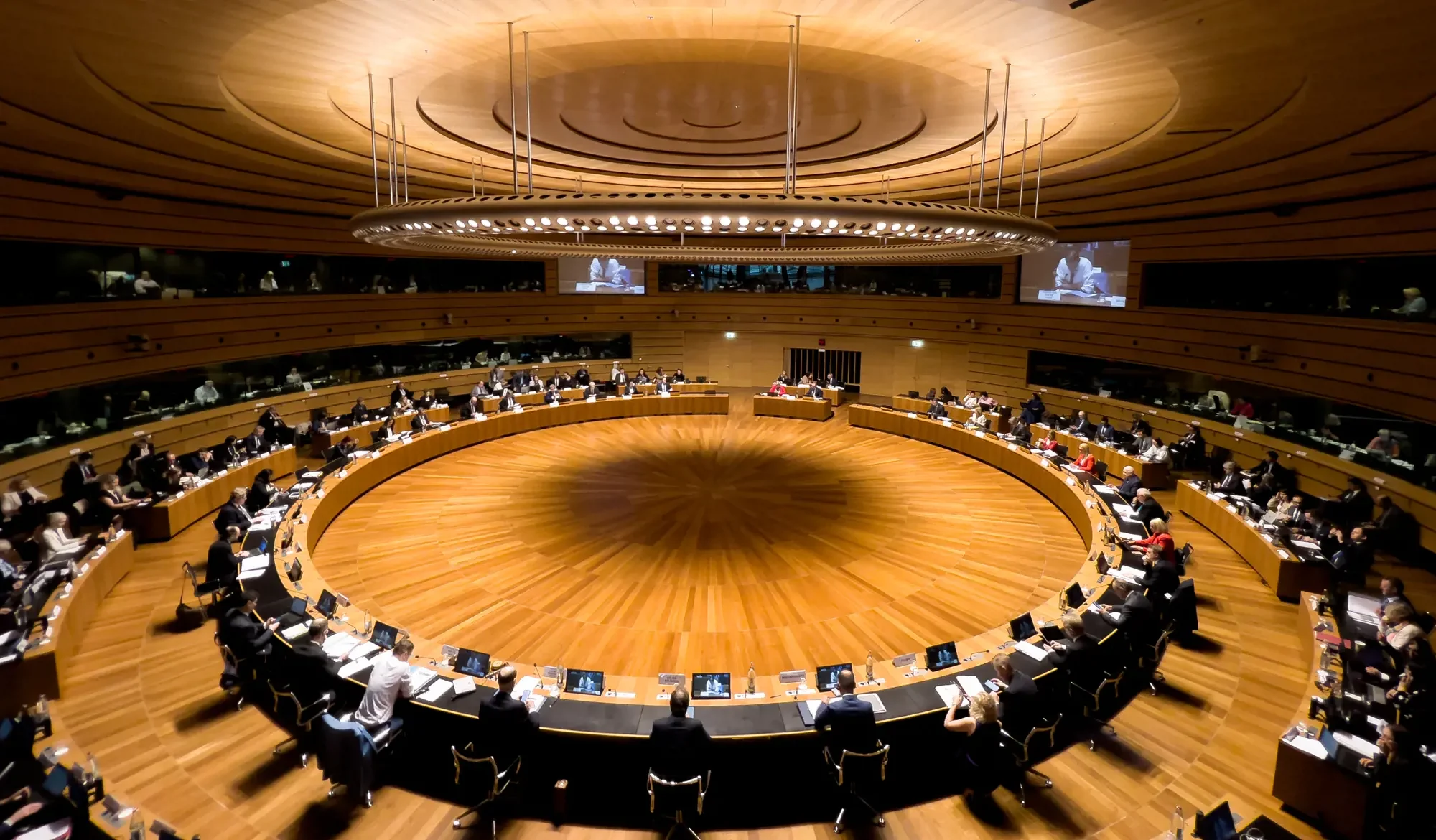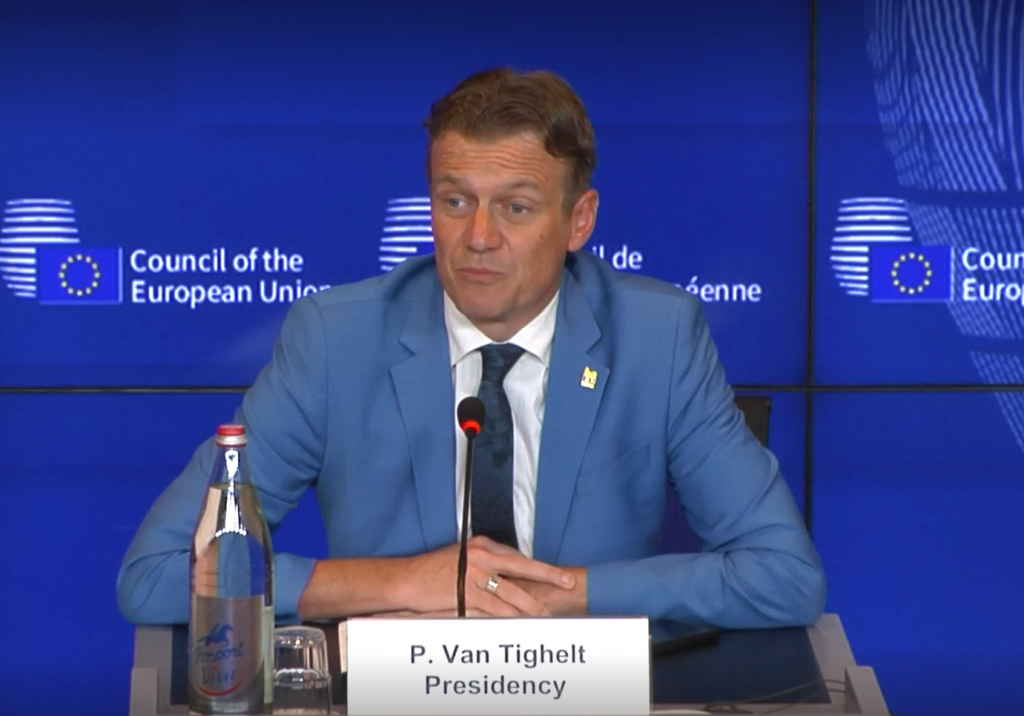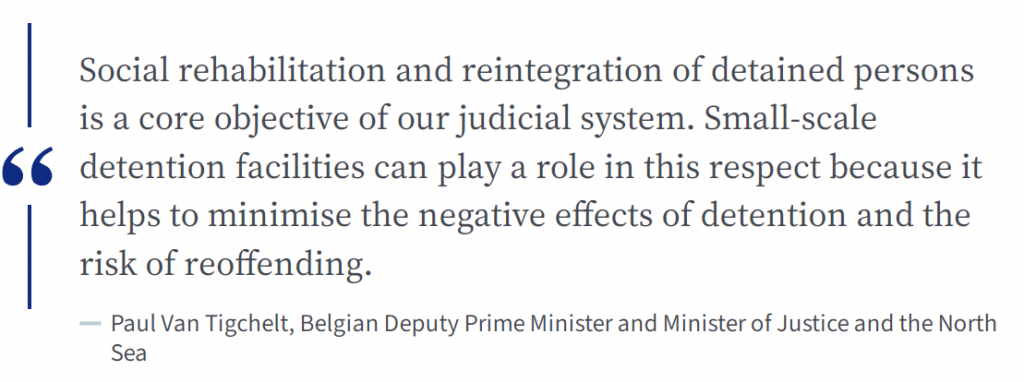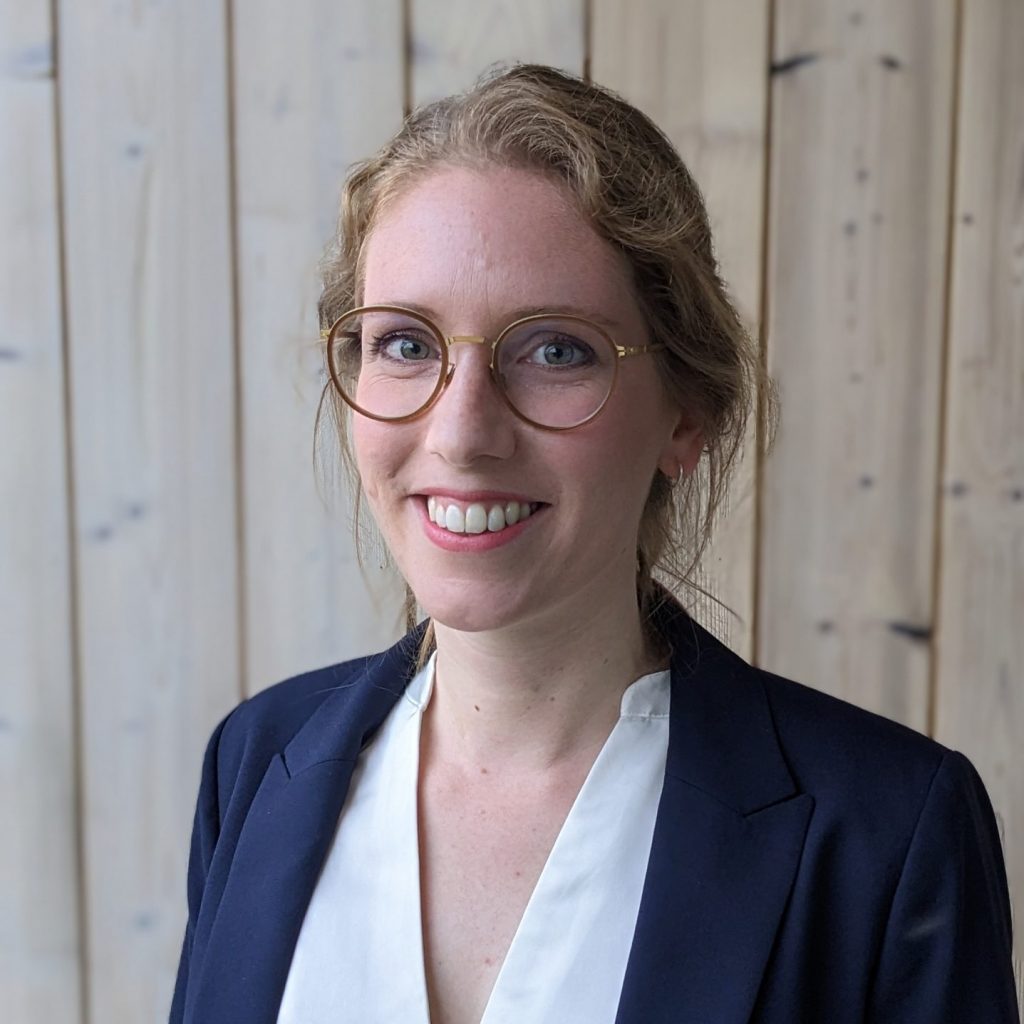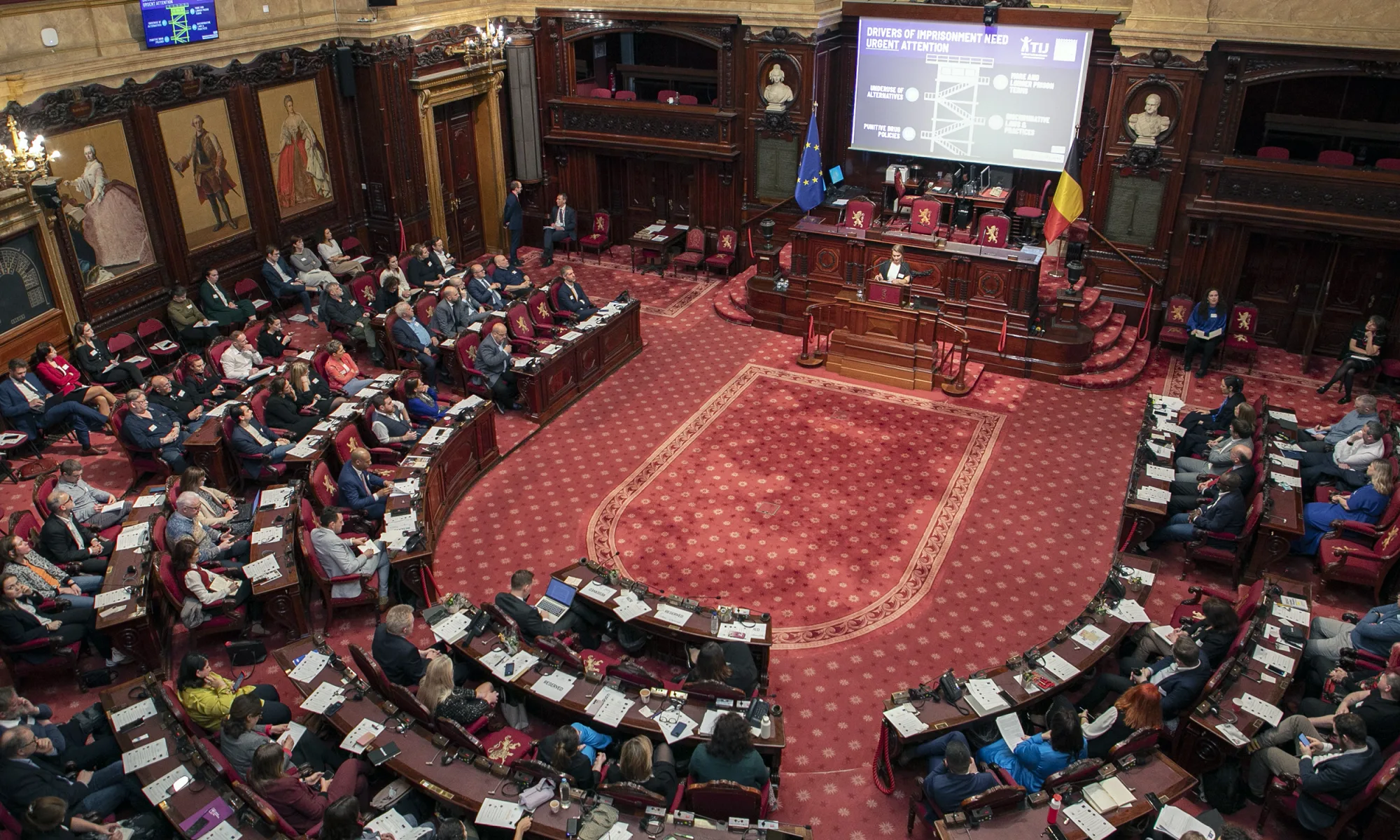🙏 Empowering voices, igniting change: together we can change the system!
🌍 The European Symposium on Detention Houses brought together diverse perspectives and expertise from across Europe, sharing knowledge about inspirational practices, addressing significant challenges and most of all, fostering a community committed to justice reform.
The esteemed panel with Caron McCaffrey, Ewelina Dobrowolska, Franc Weerwind, Jan-Erik Sandlie, Karel Dvořák and Paul Van Tigchelt showed that there is political will in Europe to support this system change.
🇪🇺 Daiana Huber, Jesca Beneder, Malgorzata Kozak and Radu Szekely reminded us of the importance to see detention houses as a shared responsibility of justice, education and employment and encouraged us to look beyond the different ‘silos’, departments or directorates-general we’re working in.
☕ We want to thank Jerry Lie, Stephan Tiele, Zoraya and Jemuel Lampe from Zuivere Koffie, the world’s first prison-based coffee roasters, for their invaluable contribution to this symposium: “People who have lived experience, give them a permanent seat in decision-making. I think we can change the world.” And of course for their amazing coffee!
💡🤝 A warm thank you to Tanja Dejanova, Annie Devos, and Hannah Graham for their thoughtful perspectives on net-widening and for asking critical and essential questions so that detention houses don’t increase the number of incarcerated people: How do we ensure people in the criminal justice can leave the net? And what other nets do we need to support them?
🏡🌱 Let’s applaud Petra Colpaert, Liz Ayre, Esteve Serna Rosello, and John Docherty for their pioneering efforts in advancing small-scale detention and presenting recommendations from day-to-day practice.
🇧🇪 Last but certainly not least, we are thankful to the Belgian Senate for graciously hosting us and to the Belgian Presidency of the Council of the European Union 2024 for putting detention houses on the European agenda – providing a platform for meaningful dialogue and collaboration in the heart of Brussels. To the RESCALED Team and Board for their hard work and to the RESCALED Members for their unwavering commitment to supporting the use of detention houses instead of large prison institutions: THANK YOU!
Let’s keep the momentum strong!
Get in touch with us and continue the conversation.
